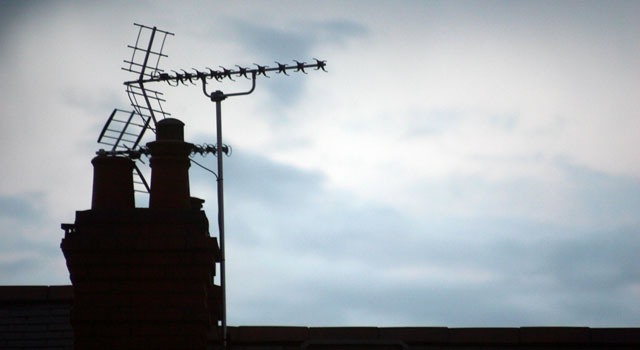
The date for analogue switch-off in Kenya’s move to digital terrestrial television broadcasting remains unknown because, according to the Communications Commission of Kenya, countrywide infrastructure is still not in place. Government had originally intended to have the process completed by mid-June 2012 but this was delayed when it decided to move to the second generation of the European standard for digital broadcasting, known as DVB-T2.
Further challenges include limited uptake of the set-top boxes required to use older analogue equipment. An estimated 50% of Kenyans say they can’t afford the devices, less surprising when one considers that, apparently, 40% still use black-and-white TV sets. No new date has been set for the switch-off. Source: The Star
Vodacom Tanzania halves tariffs
Vodacom’s subsidiary in Tanzania has halved its off-net calling rates, from 3 shillings per minute second to 1,5 shillings (or roughly R0,47/minute). Calls are billed on a per-second basis. The new rate is applicable to prepaid and contract customers, though subscribers have to opt into the service and won’t automatically be moved onto it. The rate applies to calls to any Tanzanian mobile network. Vodacom is the largest player by subscribers in the country with a market share of almost 40%. Source: Daily News
Zambia cautious about mobile payments
With mobile payment systems on the horizon, the Bank of Zambia says there is a need to ensure that anti-money laundering and counterterrorism financing regulations are in place. The central bank will provide policy guidelines to protect consumers from these threats as the nation’s payment mechanisms advance. It also recognises the value the mobile payment industry is adding to the country, particularly in traditionally underserviced rural and remote areas. Only a third of Zambians have access to banking services. Source: Daily Mail
Nigeria, Ghana in cross-border fibre network
Undersea cable firm and wholesale open-access network MainOne has announced it plans to connect Nigerian and Ghanaian businesses using fibre-optic cable. It says this will boost economic growth in both countries and that both share similar business models and are the two leading economies in West Africa.
The company is also in talks with Burkina Faso’s national carrier, Onatel, and Senegal’s largest network, Sonatel, to provide similar services to them.
MainOne has Internet exchange points in Ghana and Nigeria that it intends using for local peering. The exchange points allow service providers to interconnect with telecommunications networks, something it says it crucial to reducing costs. Source: Business Day
- Image: Sarah Joy




